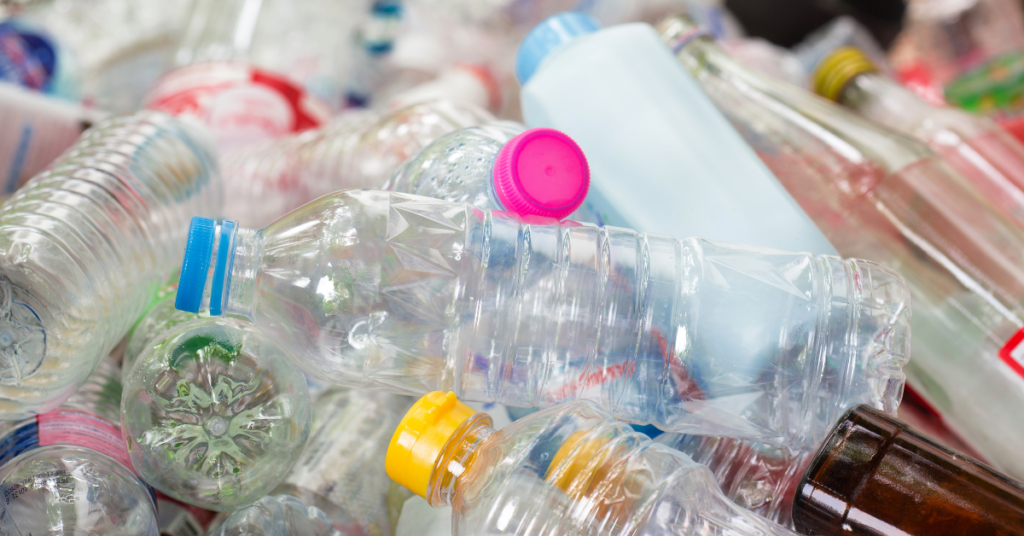Here’s an alarming fact: Every year, small businesses in the U.S. generate roughly 7.6 billion tons of waste. That’s a lot of trash! It’s also a great motivator for businesses to find ways to improve their waste management services and practices. But how can your organization achieve this? Many of you aren’t experts in waste disposal. The last time you heard from us, we were discussing the benefits of waste management, so we want to keep that momentum going by giving you a crash course in best practices.
Conduct a Waste Audit
The first thing you need to understand is how your company is doing from a waste standpoint. If you don’t already have a robust suite of waste programs in place, we’re willing to bet there’s room for improvement. You can start by conducting a waste audit, which involves categorizing the various types of waste your business generates—paper, plastic, organic, and so on. Knowing how much of each you produce can give you a good idea of the kinds of efforts you need to make to reduce your waste. If you’re going through a forest’s worth of trees in one week, you should prioritize the reduction of paper usage and so on. And speaking of reduction…
Reduce, Reuse, Recycle
Everyone is familiar with the 3 Rs, but how can you achieve each of them? Start with these quick tips.
- Reduce: Implement company-wide policies that aim to reduce the materials used at every level. This can be done by switching to emails instead of mailers, or altering your packaging to incorporate less plastic.
- Reuse: When you see an opportunity to repurpose materials for any reason, take it! Half-empty ink pens are just as effective as full ones, down to the last drop. Likewise, shipping containers can easily be left intact for future use.
- Recycle: A comprehensive recycling program can work wonders for your carbon footprint. Implement staff training to educate everyone on what and how to recycle. Place clearly labeled recycling bins in strategic places throughout your place of business.
The cherry on top of these three Rs is hiring a competent and reliable provider of waste management services. Perform thorough vetting to make sure those recyclables won’t just be thrown in with the standard trash when they’re picked up.
Hazardous Waste Management
This is a type of waste that can cause serious safety concerns if it’s mishandled, which is why proper disposal is important. Before it even makes it to pick up day, though, it once again comes down to you to properly handle this type of waste, and the first step is knowing what it is. While the term “hazardous waste” may spark images of toxic sludge and other high-alert materials we may see in disaster movies, it actually encompasses more common things as well, such as:
- Batteries
- Fluorescent Light Bulbs
- Paints and Solvents
- Cleaning Chemicals
- Pesticides
- Electronic Waste (E-waste)
- Aerosol Cans
- Automotive Fluids
Identifying these materials and disposing of them properly can go a long way towards proper hazardous waste management, and even reduce costs for you in the long run.
Partner with Waste Management Services
It’s vital to partner with trusted waste management services when it comes to the disposal of hazardous waste. Checking with your local government for disposal programs is a great first step! Additionally, any company you partner with should be able to provide further help with the whole process should you need it. They’re the experts, and they can impart their knowledge so you can use it going forward to maximize efficiency and safety.
Employee Education and Engagement
Perhaps one of the most important steps you can take in your waste management efforts is to educate your employees on all the best practices. Create a comprehensive training program that not only covers the aforementioned recycling efforts, but all waste efforts across your operations. If you really want to motivate your team to step up their game, offer incentives for their efforts. If they know a bonus of some sort is waiting for them upon reaching a milestone, they’ll be much more likely to take the care needed for these initiatives.
Monitoring and Improving
Of course, all the training and planning in the world doesn’t mean much if your company’s actions don’t reflect them. That’s why it’s so important to keep your finger on the pulse of your waste management initiatives. You can conduct a periodic waste audit (internal or external) to see how your efforts are paying off. You can also be on the lookout for new technology and other tools that can help you in your efforts.
As for your employees, their training should be more than one kickoff meeting. Periodic evaluations and refresher courses can go a long way towards keeping everyone on track.
Conclusion
By educating yourself and your employees on waste management best practices, you can do your part to keep the planet clean and the public safe. Partnering with a reliable waste management services provider is also vital, as it’s the final step in ensuring your disposal efforts don’t go to waste (sorry, we couldn’t help ourselves). If you need further tips and advice on best practices, the professionals at Miller Environmental Group are always happy to help! Get in touch and let’s start a conversation on how you can manage your business’s waste.

